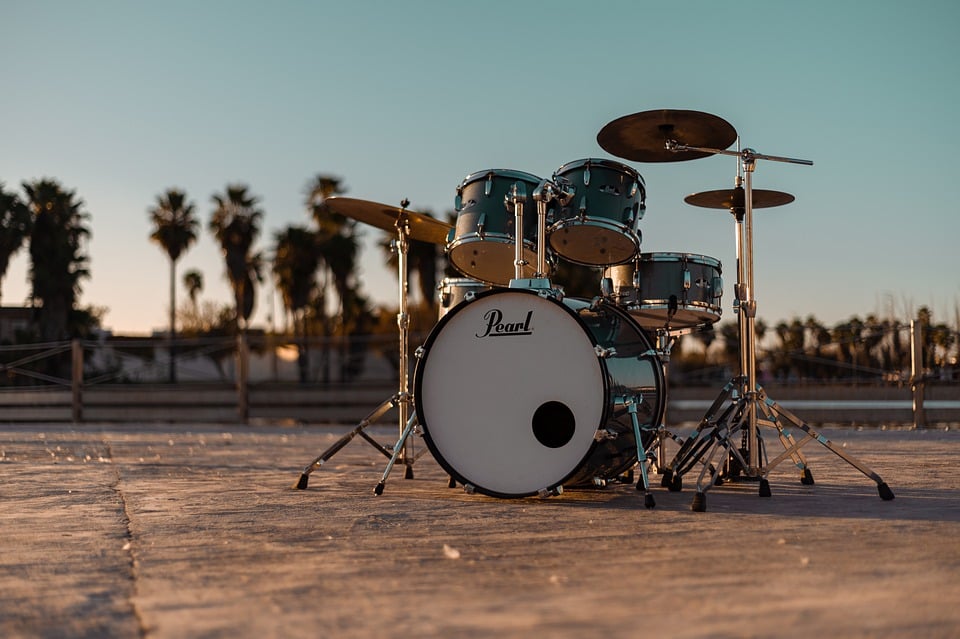Cover songs have become a popular way for artists to pay tribute to their musical inspirations. However, navigating the licensing process for these songs can be complex. This article demystifies the licensing process for cover songs on Musicbed, providing essential insights for musicians and content creators.
What is Musicbed?
Musicbed is a well-known platform that provides high-quality music for filmmakers, content creators, and advertisers. It serves as a bridge between independent artists and those in need of music for various projects. The platform offers a vast library of original music, which users can license for different uses. One of the unique aspects of Musicbed is its commitment to supporting artists by ensuring they receive fair compensation for their work.
In addition to original compositions, Musicbed also allows users to license cover songs. Cover songs are new performances of existing songs, which can be an exciting way for artists to reinterpret classics while reaching new audiences. However, licensing cover songs comes with its own set of rules and considerations that users must understand to navigate the process successfully.
Understanding Licensing Basics
Licensing is the legal permission to use someone else’s copyrighted work. For cover songs, this usually involves obtaining two types of licenses: a mechanical license and a synchronization license. A mechanical license allows you to reproduce and distribute the song, while a synchronization license is needed when the song is used in a visual medium, such as film or video.
The licensing process can be complicated, particularly for those unfamiliar with music copyright laws. It’s important to grasp these basics to ensure compliance and avoid potential legal issues. Failing to secure the necessary licenses can lead to copyright infringement claims, which can have serious consequences for both the artist and the user of the music.
Types of Licenses for Cover Songs
When it comes to cover songs, the primary licenses you’ll encounter are mechanical and synchronization licenses. A mechanical license is essential if you’re planning to reproduce the song on physical or digital media, such as CDs or streaming services. This license is typically obtained through organizations like the Harry Fox Agency or directly from the rights holder.
On the other hand, a synchronization license is required when the cover song is paired with visual content. This could include films, television shows, web videos, or any other format where the music accompanies visuals. Obtaining this license usually involves negotiating with the original song’s publisher or their representative, which can sometimes be a more complex process.
How to License a Cover Song on Musicbed
Licensing a cover song on Musicbed is a streamlined process designed to make it easier for users. The first step is to browse through the platform’s extensive library of cover songs. Musicbed offers a diverse range of genres and styles, ensuring that users can find the right fit for their projects. Once you’ve found a song you want to use, the next step is to check the licensing terms provided by Musicbed.
Musicbed handles the licensing process on behalf of its artists, meaning that users typically won’t need to negotiate directly with rights holders. Instead, you can purchase a license directly through the platform, which simplifies the process significantly. After completing your purchase, you will receive confirmation of your license, which you should keep for your records. It’s essential to review the license terms to ensure your intended use aligns with what is permitted.
Pricing Structure for Cover Songs
The pricing for licensing cover songs on Musicbed can vary based on several factors, including the song’s popularity, the intended use, and the duration of the license. Typically, Musicbed offers various pricing tiers to accommodate different budgets and project requirements. It’s important to note that while some cover songs may be more expensive due to their popularity, others may be more budget-friendly.
When considering the cost, it’s essential to weigh the value of using a well-known song against the potential reach and impact it may have on your project. Additionally, understanding the pricing structure can help you make more informed decisions when selecting music for your projects, ensuring you stay within budget while still achieving your creative vision.
Legal Considerations for Cover Songs
Before proceeding with a cover song, understanding the legal implications is crucial. Copyright law protects original compositions, and using someone else’s song without the appropriate licenses can result in legal repercussions. It’s essential to ensure that you have secured the necessary mechanical and synchronization licenses before distributing or showcasing your cover song.
Using Musicbed simplifies this process since the platform takes care of many legal aspects on behalf of its users. However, it’s still your responsibility to ensure you comply with the terms of the license you purchase. Additionally, keep in mind that different countries may have varying copyright laws, so if you’re working internationally, it’s wise to familiarize yourself with the rules that apply in your specific jurisdiction.
Best Practices for Using Cover Songs
When using cover songs, there are several best practices to follow to ensure a smooth and compliant experience. First, always obtain the necessary licenses before using a song in your project. This applies whether you’re using the song for commercial purposes or personal projects. Additionally, keep records of the licenses you purchase, as this documentation can be crucial in case of any disputes.
Another best practice is to respect the original artist’s work. Even though you are creating a cover, acknowledging the original artist can go a long way. This could be as simple as mentioning the original artist in your credits or description. Furthermore, consider how you can put your unique spin on the cover song. This not only adds value to your version but also helps you stand out in a crowded market.
How Musicbed Supports Artists
Musicbed is dedicated to supporting independent artists by providing them with a platform to showcase their work. Artists who upload their cover songs to Musicbed benefit from a broader audience reach, as the platform is frequented by filmmakers and content creators seeking high-quality music. Moreover, Musicbed ensures that artists receive fair compensation for their work by handling licensing fees and distribution.
The platform also provides resources for artists to help them understand the music industry better. This includes educational content on licensing, copyright laws, and marketing strategies, empowering artists to take control of their careers. By supporting its artists in various ways, Musicbed fosters a community where creativity can thrive.
Conclusion
Understanding the licensing process for cover songs on Musicbed is crucial for anyone looking to use music in their projects. From grasping the different types of licenses to navigating the purchasing process, being informed can help avoid potential legal pitfalls and ensure a smooth experience. Musicbed simplifies this process, making it an excellent resource for filmmakers and content creators seeking quality cover songs.
By following best practices and respecting the original artists, users can create compelling projects while supporting the creative community. Whether you’re an independent artist looking to showcase your talent or a content creator in need of the perfect soundtrack, Musicbed provides the tools you need to succeed.
FAQs
1. What is the difference between a mechanical license and a synchronization license?
A mechanical license allows you to reproduce and distribute a song, while a synchronization license is required when the song is used in conjunction with visual media, like videos or films.
2. Do I need to obtain a license for every cover song I want to use?
Yes, you need to obtain the appropriate licenses for each cover song you wish to use in your project to avoid copyright infringement.
3. Can I use cover songs for free on Musicbed?
No, you must purchase a license to use cover songs on Musicbed. This ensures that the original artists are compensated for their work.
4. What happens if I don’t obtain a license for a cover song?
Failing to obtain the necessary licenses can lead to legal consequences, including potential lawsuits and financial penalties for copyright infringement.
5. How can I find cover songs on Musicbed?
You can browse Musicbed’s library by searching for specific songs, genres, or artists. The platform categorizes its music to help users find what they need easily.

